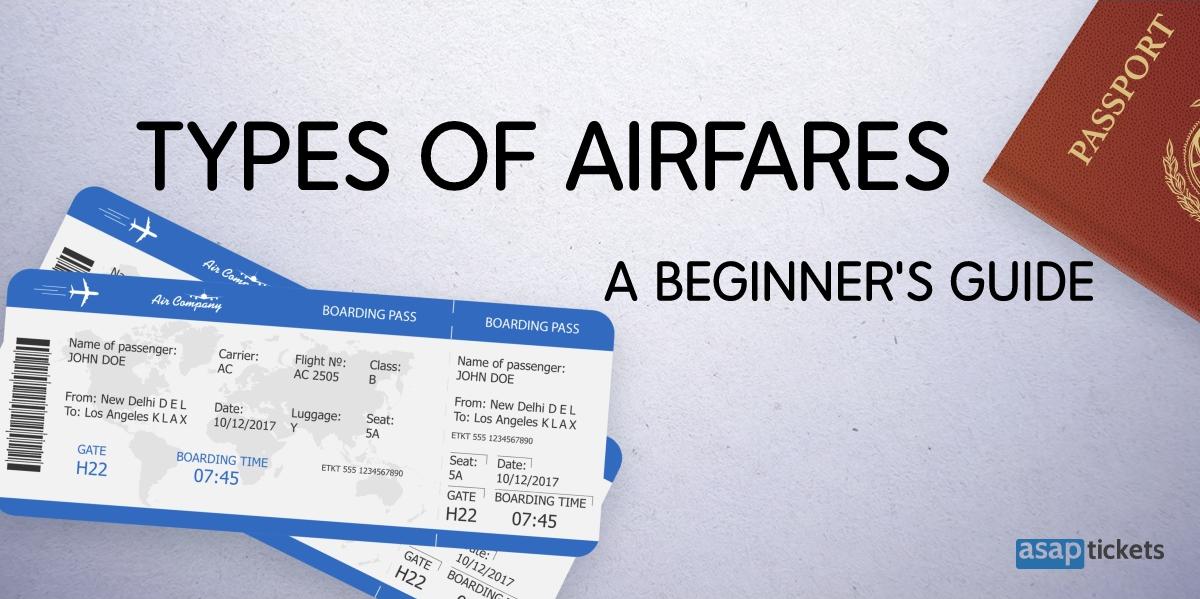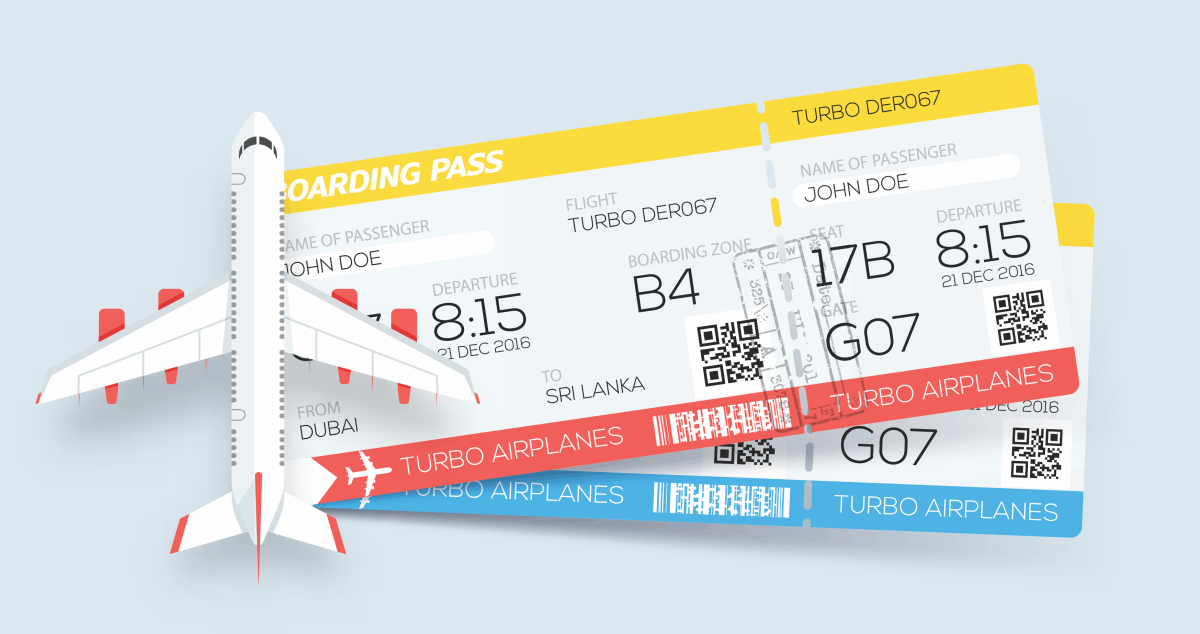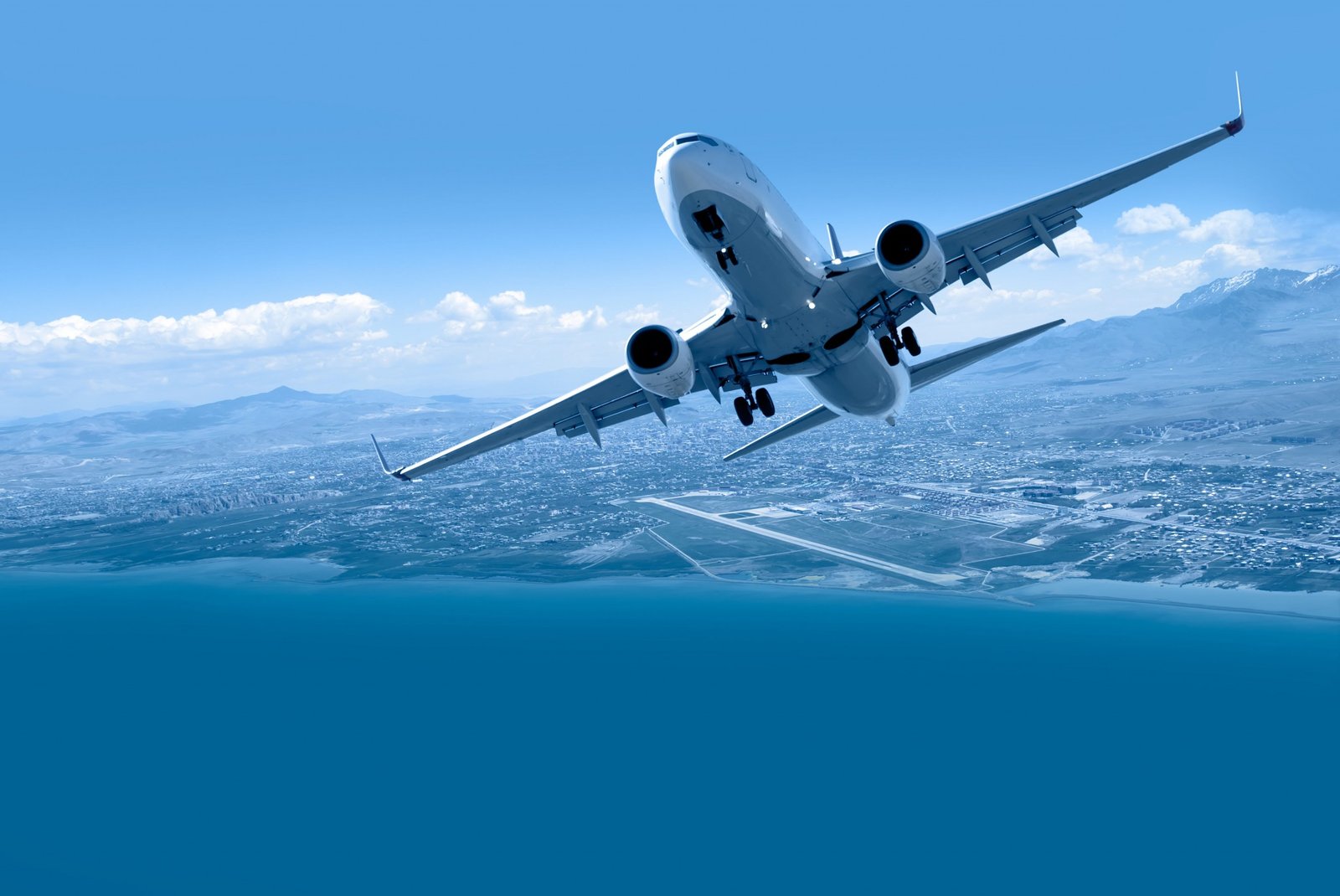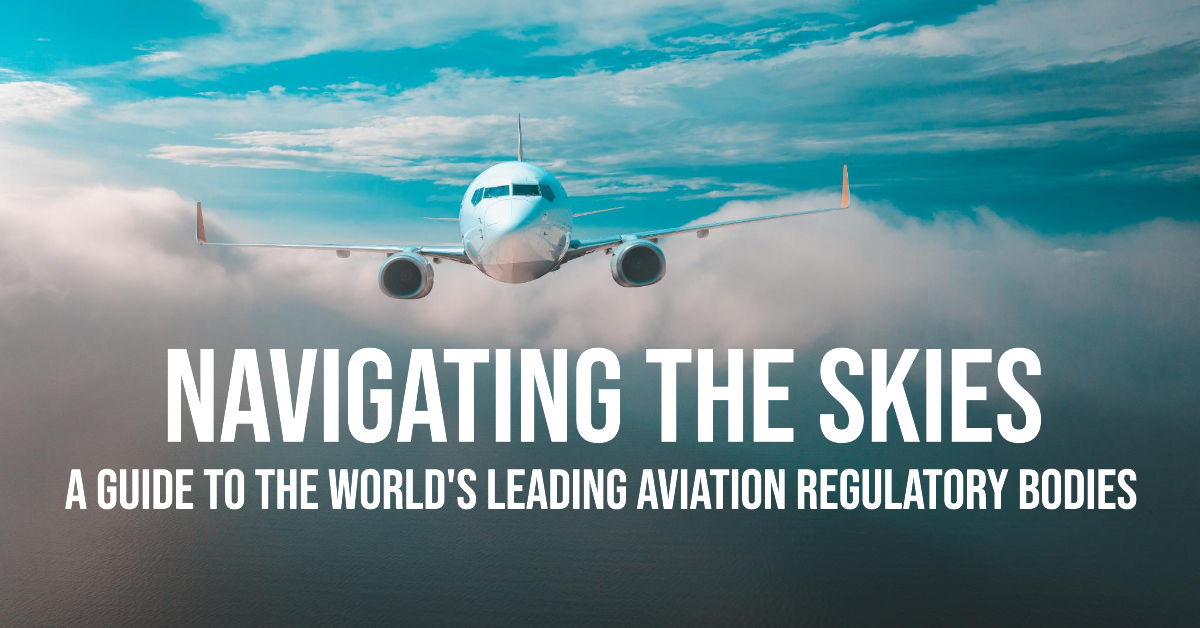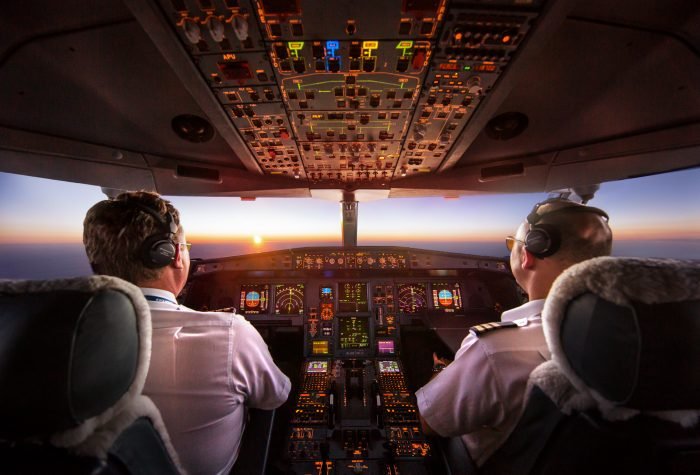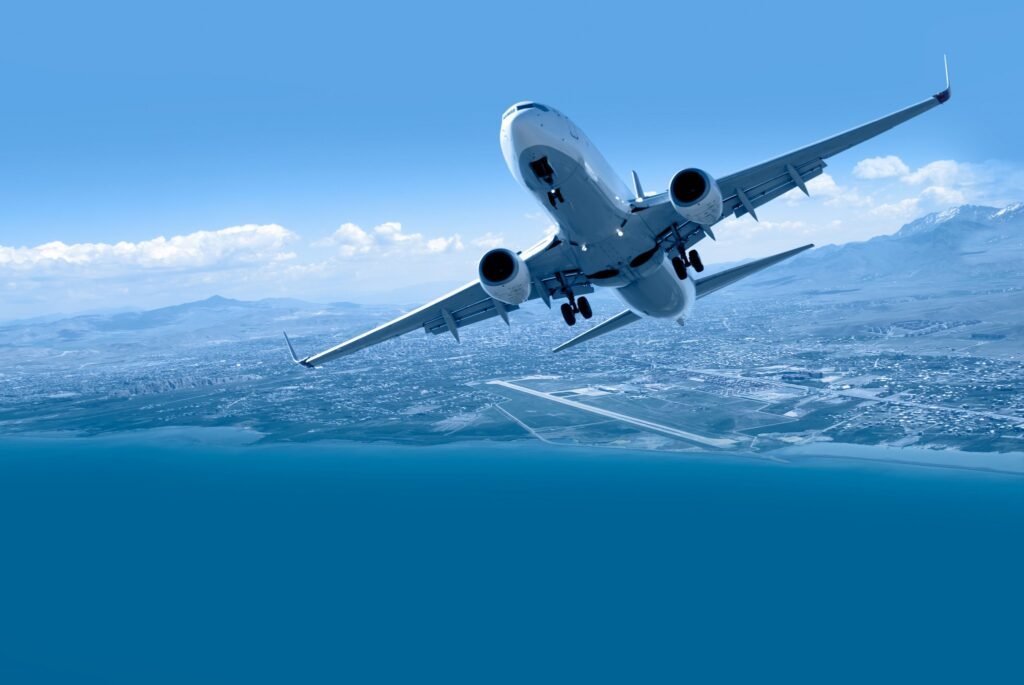Understanding Airfare Tickets: A Comprehensive Guide
At flightticketbooking.co.in, we understand that deciphering the world of airfare tickets can be daunting. From the moment you start planning your trip until you board the plane, your airfare ticket is your passport to the skies. This seemingly simple piece of paper (or digital document) holds a wealth of information and dictates the terms of your travel. This comprehensive guide will break down the key elements of airfare tickets, helping you understand how they work, how to find the best deals, and how to navigate the fine print.
What is an Airfare Ticket?
An airfare ticket is a contract between you and the airline, entitling you to transportation on a specific flight or flights between specified destinations. It contains crucial details, including:
- Passenger Name: Your full legal name as it appears on your government-issued identification (passport, driver’s license, etc.).
- Airline and Flight Number: Identifies the specific airline and the flight you’ll be taking.
- Departure and Arrival Cities: The origin and destination of your flight.
- Date and Time of Travel: The scheduled departure date and time.
- Booking Reference (PNR): A unique alphanumeric code used to identify your reservation in the airline’s system.
- Ticket Number: A unique identifying number for your ticket.
- Fare Basis Code: A code that determines the rules and restrictions associated with your fare.
- Class of Service: Indicates the cabin class you’re flying in (e.g., Economy, Business, First).
- Baggage Allowance: Specifies the amount of checked baggage you’re allowed to bring without additional fees.
- Fare and Taxes: A breakdown of the base fare, taxes, and fees that make up the total ticket price.
- Conditions of Carriage: A summary of the airline’s terms and conditions for your flight.
Types of Airfare Tickets
Airfare tickets come in various forms, each with its own set of characteristics and restrictions:
- One-Way Tickets: Valid for travel in one direction only. These are useful for travelers with flexible plans or those who need to fly to a destination without a return flight.
- Round-Trip Tickets: Valid for travel to a destination and back to the original departure point. Round-trip tickets are often cheaper than buying two one-way tickets.
- Multi-City Tickets: Allow you to fly to multiple destinations with different departure and arrival points. These are ideal for travelers who want to explore several cities on a single trip.
- Open-Jaw Tickets: A type of round-trip ticket where the arrival city and the departure city are different. For example, flying from New York to London and then returning from Paris to New York.
- Award Tickets: Purchased using frequent flyer miles or points earned through airline loyalty programs or credit cards. These tickets can be a great way to save money on travel.
Factors Affecting Airfare Prices
Airfare prices can fluctuate significantly based on a variety of factors:
- Seasonality: Prices tend to be higher during peak travel seasons, such as summer, holidays, and school breaks.
- Demand: Flights on popular routes or at convenient times tend to be more expensive.
- Time of Booking: Booking in advance can often lead to lower prices, but last-minute deals can sometimes be found.
- Day of the Week: Flights on Tuesdays and Wednesdays are often cheaper than flights on Fridays and Sundays.
- Airline Competition: Routes with more competition between airlines tend to have lower prices.
- Fuel Prices: Fluctuations in fuel prices can affect airfare costs.
- Economic Conditions: Economic downturns can lead to lower demand for air travel, resulting in lower prices.
Finding the Best Airfare Deals
Finding the best airfare deals requires a combination of research, flexibility, and patience. Here are some tips to help you save money on your next flight:
- Be Flexible with Your Travel Dates: If possible, adjust your travel dates to avoid peak season and fly on less popular days of the week.
- Consider Alternative Airports: Flying to or from a smaller, less-busy airport can sometimes save you money.
- Use Flight Comparison Websites: Websites like Google Flights, Kayak, Skyscanner, and Momondo allow you to compare prices from multiple airlines at once.
- Set Up Price Alerts: Many flight comparison websites allow you to set up price alerts that will notify you when the price of a flight drops.
- Book in Advance: Booking your flight several months in advance can often lead to lower prices.
- Consider Package Deals: Sometimes, booking your flight and hotel together can save you money.
- Join Airline Loyalty Programs: Joining airline loyalty programs can earn you frequent flyer miles that can be redeemed for free flights or upgrades.
- Clear Your Browser’s Cookies: Airlines and booking sites sometimes track your searches and may increase prices if they see you’re repeatedly searching for the same flight. Clearing your browser’s cookies can help prevent this.
- Look for Error Fares: Occasionally, airlines make mistakes when pricing their tickets, resulting in incredibly low fares. These "error fares" are often short-lived, so you need to act quickly if you find one.
Understanding Fare Rules and Restrictions
Before booking your airfare ticket, it’s essential to understand the rules and restrictions associated with your fare. These rules can vary significantly depending on the airline, the class of service, and the fare basis code. Common restrictions include:
- Change Fees: Many airlines charge fees to change your flight dates or times. These fees can be substantial, so it’s essential to check the change fee policy before booking.
- Cancellation Fees: Airlines may also charge fees to cancel your flight. The cancellation fee may depend on the fare class and the time until departure.
- Baggage Fees: Most airlines now charge fees for checked baggage, especially on economy fares. Check the baggage allowance and fees before booking to avoid surprises.
- Seat Selection Fees: Some airlines charge fees to select your seat in advance.
- Mileage Accrual: Lower-priced fares may not earn as many frequent flyer miles as more expensive fares.
- Refundability: Some fares are non-refundable, meaning you won’t receive a refund if you cancel your flight.
- Minimum/Maximum Stay Requirements: Some fares have minimum or maximum stay requirements, meaning you must stay at your destination for a certain number of days.
Navigating Flight Changes and Cancellations
Sometimes, flights are delayed or canceled due to unforeseen circumstances, such as weather, mechanical issues, or air traffic control delays. In these situations, airlines are generally obligated to provide assistance to passengers, which may include:
- Rebooking on the Next Available Flight: Airlines will typically try to rebook you on the next available flight to your destination.
- Providing Meals and Accommodation: If your flight is delayed overnight, the airline may provide meals and accommodation.
- Offering a Refund: If your flight is canceled, you may be entitled to a refund.
- Compensation for Delays: In some cases, you may be entitled to compensation for flight delays, particularly if the delay is caused by the airline’s negligence.
The Future of Airfare Tickets
The airfare ticket industry is constantly evolving, with new technologies and trends shaping the way we book and travel. Some of the key trends include:
- Personalized Pricing: Airlines are increasingly using data and algorithms to personalize pricing based on individual customer preferences and behavior.
- Dynamic Packaging: Dynamic packaging allows travelers to bundle flights, hotels, and other travel services together at a discounted price.
- Mobile Booking: Mobile devices are becoming increasingly popular for booking flights, with many airlines and travel agencies offering mobile apps and websites.
- Biometric Identification: Biometric identification, such as facial recognition, is being used to streamline the airport security process and make boarding easier.
Conclusion
Understanding the intricacies of airfare tickets is essential for making informed travel decisions and saving money on your next flight. By understanding the different types of tickets, the factors that affect prices, and the rules and restrictions associated with fares, you can navigate the world of air travel with confidence. Remember to do your research, be flexible with your travel dates, and take advantage of the various tools and resources available to find the best deals. Happy travels!
